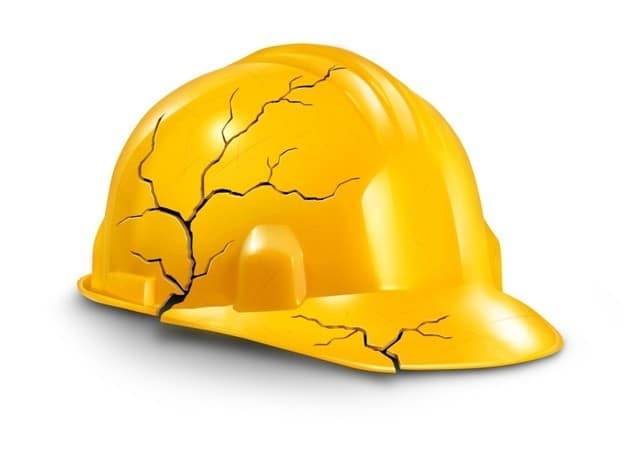There’s a broad spectrum of symptoms associated with traumatic brain injuries (TBIs). A moderate or severe injury might lead to very obvious physical symptoms such as loss of consciousness or convulsions, while a mild TBI may only cause headaches and drowsiness. It’s important to seek medical attention for any type of brain injury, even if the symptoms seem mild or don’t appear until several weeks after the accident.
According to the Center for Disease Control, TBIs contribute to roughly 30% of all injury deaths in the United States. Even when this type of injury isn’t fatal, it can have serious short-term and long-term effects, impairing vital functions such as thinking, memory, movement, sensation, and emotional functioning.
Seeking medical attention as soon as possible is the best way to address a TBI, and the good news is that Americans as a whole seem to be getting better at going to the hospital rather than saying, “I just bumped my head, I’ll be fine.” A study recently published in the Journal of the American Medical Association reported that the rate of emergency room visits increased by 30% between 2006 and 2010, and medical professionals believe this is in part due to the fact that education and awareness programs are helping people better recognize concussions and other brain injuries.
As a personal injury lawyer in Las Vegas, I want to be a part of the effort to bring greater awareness to traumatic brain injuries. To that end, I’m sharing information about common types of accidents that can cause TBIs and symptoms you may experience. If you suspect that you’ve experienced a TBI, seek medical attention immediately.
Accidents That Can Cause a TBI
TBIs occur when you experience a jolt, bump, or blow that interrupts normal brain functioning. Not every bump causes a TBI, but you should pay close attention to how you’re feeling after any kind of accident, as concussions are relatively common. Situations where you might experience a TBI include:
• A sports accident (e.g. colliding with another player, being tackled to the ground, being hit in the head with sports equipment)
• A car accident (e.g. hitting your head against the headrest, dashboard, or deployed airbag)
• A slip and fall accident (e.g. falling down a flight of stairs, slipping and falling on a wet surface)
• A workplace injury (these can occur anywhere, but they are more common in work areas such as construction sites)
Common Symptoms of a TBI
If you think you’ve suffered a mild traumatic brain injury (i.e. a concussion), you should be on the lookout for the following symptoms:
• Headache
• Nausea
• Disrupted sleep patterns (sleeping more than usual or having trouble falling asleep)
• Lower energy levels than usual, fatigue or drowsiness
• Dizziness or lack of coordination
• Change in sensations, such as ringing ears, blurred vision, lack of smell, or metallic taste
• Difficulty concentrating
• Inexplicable mood swings
• Depression or anxiety
Someone who suffers a moderate to severe TBI may experience the symptoms above as well as the following symptoms:
• Loss of consciousness
• Vomiting
• Seizures or convulsions
• Dilation of the pupils
• Tingling or numbness in extremities
• Difficulty waking from sleep
• Clear fluids seeping from ears or nose
• Slurred speech
• Uncharacteristic behavior, such as agitation
• Slurred speech
The first priority if you or a loved one suffers a TBI should be to get medical help. However, if you’re beginning your recovery and are wondering how you’re going to handle your hospital bills, you should think back to the cause of the accident. If a negligent person or organization is partially or wholly responsible for your injury, you may be able to receive monetary compensation. A personal injury attorney can help you determine what you are entitled to under your particular circumstances.
About the Author:
Andrew Winston is a partner at the personal injury law firm of The Law Office of Andrew Winston. He has been recognized for excellence in the representation of injured clients by admission to the Million Dollar Advocates Forum, is AV Rated by the Martindale-Hubbell Law Directory, and was recently voted by his peers as a Florida “SuperLawyer”-an honor reserved for the top 5% of lawyers in the state-and to Florida Trend’s “Legal Elite.”
 Older Drivers: More Exposed to Injury and Death on the Road
Older Drivers: More Exposed to Injury and Death on the Road 

















